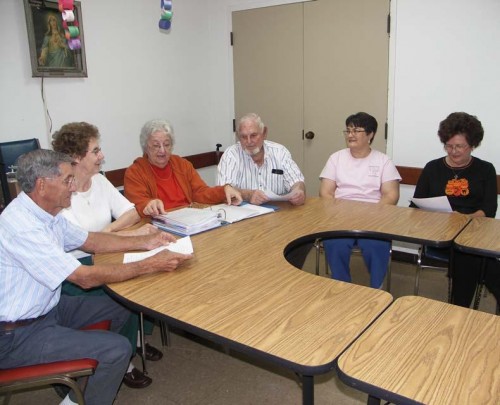
Schriever senior group told to stop confusing identity
October 25, 2011
Joseph Herbert Naquin
October 27, 2011Voters agreed Saturday to renew a 4-cent sales tax on cigarettes and to dedicate an annual stream of tobacco settlement money to the state’s free college tuition program called TOPS.
Lawmakers connected the two to get around a veto from Gov. Bobby Jindal, who opposed the tax renewal but pressed hard for the TOPS funding ballot initiative.
Backers said the amendment will solidify funding for the Taylor Opportunity Program for Students, ensuring that at least a portion of it will be protected from any possibility of budget cuts.
Opponents said it will strip future dollars planned for health care services and other education programs, and they argued TOPS was so politically popular that it didn’t need protected funding.
The measure takes a slice of tobacco settlement money currently set to be divided between health care and education trust funds, about $40 million per year, and dedicates it to TOPS, a program that costs about $150 million. The change takes affect with tobacco settlement money received after April 1, 2011, so the proposal gives TOPS $80 million for the current fiscal year.
It also locks in a 4-cent state tobacco tax set to expire on July 1 and commits the $12 million it generates annually to health care programs. Without the tax renewal, the state cigarette tax would have dropped to 32 cents per pack.
Other amendments approved Saturday will:
- Require a portion of any state surplus to pay down retirement debt, with 5 percent of any surplus earmarked for retirement debt in the 2013-14 and 2014-15 budget years and 10 percent thereafter.
- Give constitutional protection to the Patient’s Compensation Fund, requiring that it can only be used for medical malpractice claims and can’t be raided by state lawmakers. The dollars in the fund, established 37 years ago, come from surcharges paid by health care providers.
Rejected by voters were amendments to:
- Rework the repayment of the state’s “rainy day” fund when it is used in tight budget years. The amendment would have changed the repayment triggers for the Budget Stabilization Fund, so money wouldn’t have to be reimbursed in the year it is used or the following year.
The repayment would have been made in the third, fourth and fifth years, one-third at a time.
- Continue a provision that allows New Orleans to offer property without a minimum bid at a tax sale, if the property didn’t sell for the minimum bid in a previous tax sale.






